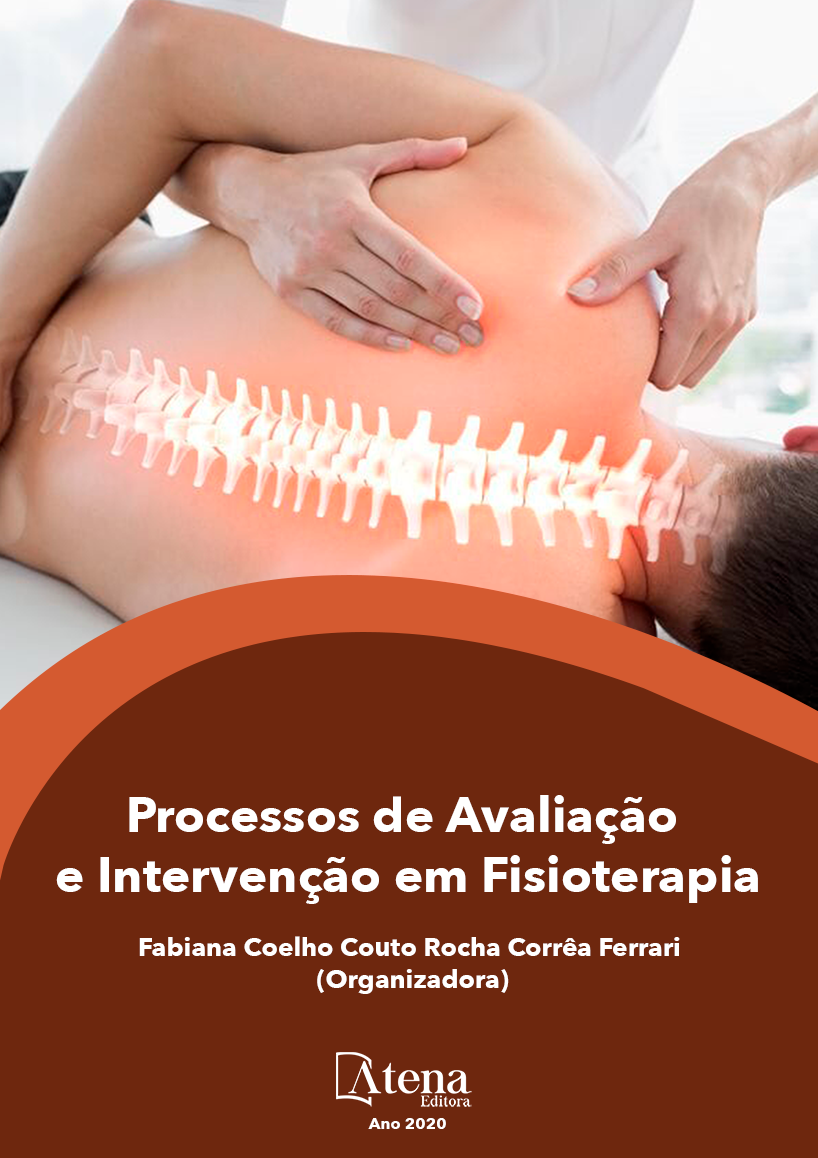
INFLUÊNCIA DO TEMPO DE CAMINHADAS SEMANAIS SOB O TESTE DE CAMINHADA DE SEIS MINUTOS E OS VALORES DE PROTEÍNA C- REATIVA ULTRASSENSÍVEL EM PACIENTES DE ALTO RISCO CARDIOVASCULAR
Fundamento: O teste de caminhada de seis minutos (TC6) é um teste submáximo de fácil aplicabilidade, podendo ser um instrumento valioso na avaliação da funcionalidade de pacientes cardiopatas. Objetivo: verificar se a frequência de caminhadas semanais exerce influência sobre o teste de caminhada de seis minutos e os valores de proteína c-reativa ultrassensível em pacientes de alto risco cardiovascular acompanhados no ambulatório geral do ICFUC-RS. Métodos: Estudo retrospectivo, do tipo transversal, com 164 voluntários classificados com alto RCV, no período de julho a agosto de 2010, em um centro de referência de cardiologia do RS. Para obter diferença significativa, o cálculo amostral foi de 148 pacientes. Foi assumido nível de significância 5% e intervalo de confiança de 95%. Resultados: Foram avaliados 164 pacientes, 106 homens e 58 mulheres, com idade média de 65 anos. Dos pacientes que apresentavam resultados abaixo do adequado no TC6, 43 (63%) também possuíam elevação nos níveis de Pcr-us, o que significa um maior risco de eventos cardiovasculares agudos. Conclusão: O TC6 abaixo do previsto mostra uma associação com menor nível de atividade física durante a semana, e que se relaciona com o aumento da PCR-us, o que levaria a uma maior chance de eventos cardiovasculares agudos.. Esse achado sugere que esse instrumento simples de avaliação da capacidade funcional possa ser útil no acompanhamento desses pacientes.
INFLUÊNCIA DO TEMPO DE CAMINHADAS SEMANAIS SOB O TESTE DE CAMINHADA DE SEIS MINUTOS E OS VALORES DE PROTEÍNA C- REATIVA ULTRASSENSÍVEL EM PACIENTES DE ALTO RISCO CARDIOVASCULAR
-
DOI: 10.22533/at.ed.6292026058
-
Palavras-chave: caminhada, atividade física, teste de caminhada, TC6
-
Keywords: walking, physical activity, walk test, WT6
-
Abstract:
Background: The Six Minute Walk Test (6 MWT) is an easy to perform submaximal exercise test that can be a valuable tool in assessing the functionality of cardiac patients. Objective: to verify if the frequency of weekly walks exerts influence on the six-minute walk test and the values of c-reactive protein ultra-sensitive in patients of high cardiovascular risk followed in the general ambulatory of ICFUC-RS. Methods: A cross-sectional, retrospective study was carried out with 164 volunteers classified as having high cardiovascular risk, from July to August 2010, at a cardiology reference center in RS. To obtain a significant difference, the sample size was 148 patients. It was assumed a significance level of 5% and a confidence interval of 95%. Results: A total of 164 patients, 106 men and 58 women, with a mean age of 65 years, were evaluated. Of the patients who presented below-adequate results in the 6MWT, 43 (63%) also had elevated us-crp levels, which means an increased risk of acute cardiovascular events Conclusion: The fold predicted 6 MWT shows an association with a lower level of physical activity during the week, which is related to the increase in us-CRP, which would lead to a greater chance of acute cardiovascular events. This finding suggests that this simple instrument evaluation of functional capacity may be useful in the follow-up of these patients.
-
Número de páginas: 12
- Tiago José Nardi Gomes
- Patricia de Moraes Costa
- Jaqueline de Fátima Biazus
- Lilian Oliveira de Oliveira
- João Rafael Sauzem Machado
- Thalisson Lemos de Medeiros


